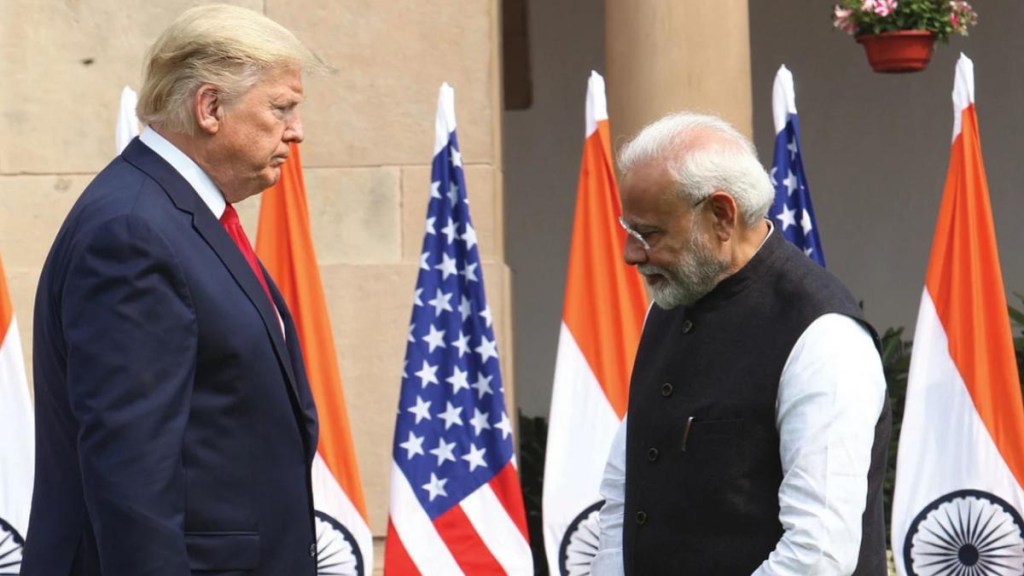After US President Donald Trump decided to slap a total tariff of 50% on Indian exports barring a few exceptions, the Prime Minister’s Office (PMO) has swung into action to contain the possible damages. Following a series of meetings chaired by Shaktikanta Das, principal secretary-2 to the Prime Minister, the PMO has directed the department of economic affairs (DEA) in the finance ministry to set up an inter-departmental committee to overhaul tax and export clearance processes for the manufacturing sector.
The Mandate: Overhauling Tax and Export Clearance
The panel has been tasked to examine bottlenecks in customs, duties and incentives, aiming to make Indian goods more competitive in an increasingly protectionist global market. The committee has been directed to submit its report within two months.
The panel will be headed by economic adviser (investment) in the DEA, with representatives from department for promotion of industry and internal trade (DPIIT), department of commerce, department of revenue, representative of DGFT, and Reserve Bank of India (foreign exchange department). Director (FT), investment division, DEA, will be the member-secretary of the panel.
Concerns Over Timelines and Committee Composition
Representatives from industry bodies such as CII, Assocham, Federation of Indian Export Organisations (FIEO) and key export promotion councils and consultancy firms will be special invitees to the committee.
According to the office memorandum directing the constitution of the committee dated August 5, which has been reviewed by FE, the panel’s mandate is to identify bottlenecks in customs, duties and export incentives and clearance procedures and their impact on the manufacturing sector’s competitiveness and to recommend targeted reforms aimed at improving export performance.
The panel will examine the current export-related tax regime, assess its impact on the manufacturing sector’s competitiveness and suggest refinements or alternatives. It will also identify sector-specific challenges in high-potential areas such as engineering, pharmaceuticals, electronics, chemicals, agri and processed food, textiles, leather and gems & jewellery. In addition, the panel has been tasked with studying the global best practices in export taxation and customs facilitation and recommending policy measures to streamline procedures.
When contacted by FE, industry executives and trade analysts welcomed the move, but also expressed certain reservations. According to them, the committee comprises director-level officers from the ministries and departments concerned, which would delay any final action. According to them, ideally such a committee should comprise secretaries or at least joint secretary level officers so that decision-making could be fast. The reason being that any recommendations from the panel will need clearance from departmental secretaries, followed by inter-ministerial consultations, before reaching the Cabinet for final approval.
The industry is also not enthused by the two-month deadline for the committee to submit its report as it feels that it’s too long a period for something which needs to be tackled on an urgent basis. “By the time recommendations filter through the layers of approval, the opportunity to respond decisively could be lost,” an industry executive said.
The real problem that India will face post these tariffs is competitiveness as all Asian countries and competing manufacturing destinations for India’s exports to the US face much lower tariffs–in the range of 19-30%.
While officials are exploring long-term policy measures to improve competitiveness, industry executives maintain that immediate support, especially in the form of subsidies, is crucial to protect sectors already under pressure.
Industry leaders are therefore urging the government to go beyond policy brainstorming and engage directly with companies most affected by the tariffs.
